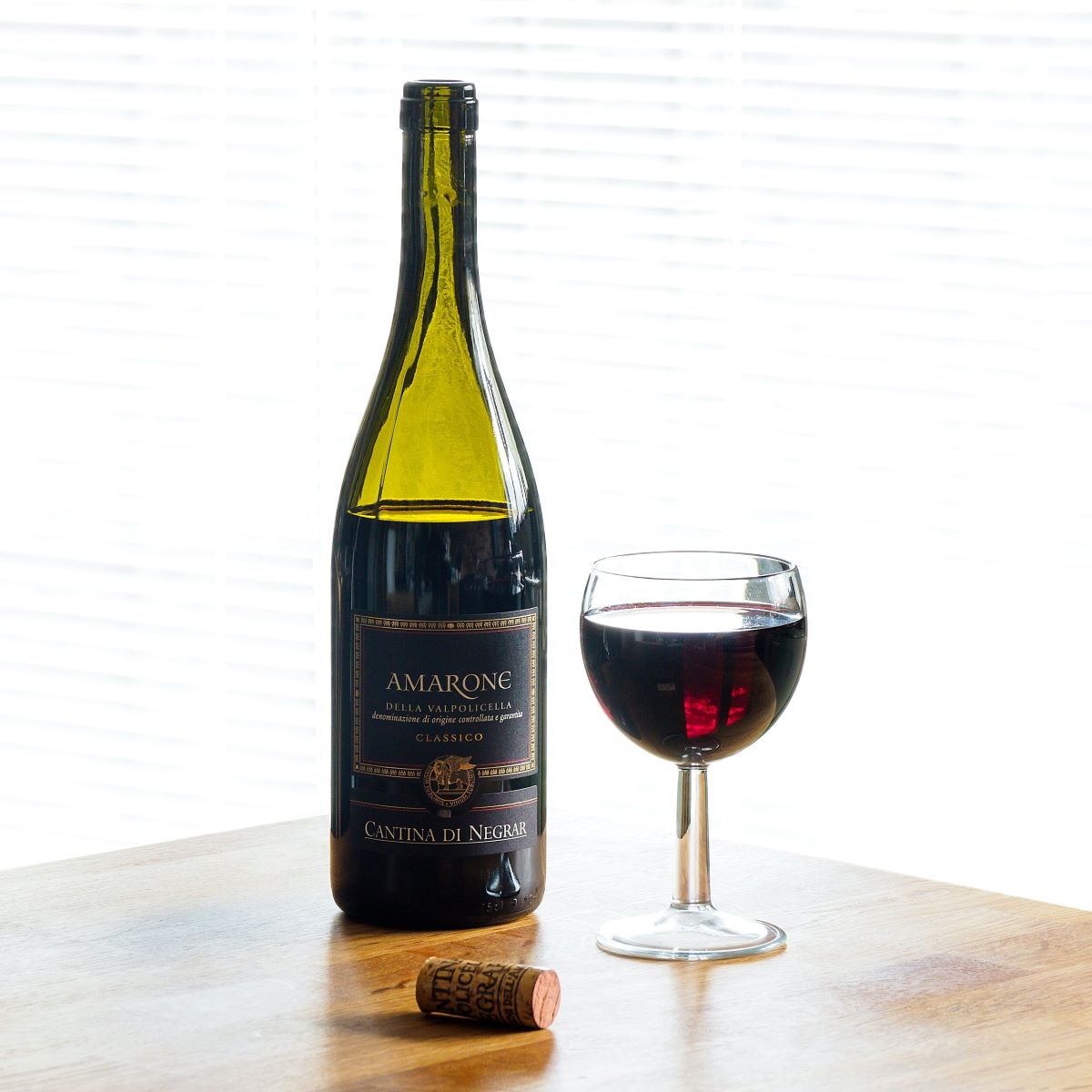

Articles
How To Store An Opened Bottle Of Wine
Modified: October 20, 2024
Learn the best strategies for storing an opened bottle of wine in this informative article. Discover tips to preserve flavor and freshness.
(Many of the links in this article redirect to a specific reviewed product. Your purchase of these products through affiliate links helps to generate commission for Storables.com, at no extra cost. Learn more)
Introduction
Opening a bottle of wine is a joyous occasion, but what happens when you can’t finish the entire bottle? Whether it’s a special occasion wine or just an everyday indulgence, knowing how to properly store an opened bottle of wine is essential to preserve its flavor and quality.
When wine comes into contact with oxygen, it begins to oxidize, which can lead to unpleasant flavors and aromas. To prevent this from happening, it’s important to take certain factors into consideration and follow proper storage techniques.
In this article, we will explore the various factors to consider when storing opened wine, along with some tips and best practices for keeping your wine fresh for longer. So, if you’re ready to elevate your wine storage game, let’s dive in!
Key Takeaways:
- Properly storing opened wine involves considering factors like wine type, closure, temperature, and light exposure. Follow tips, use preservation systems, and practice best storage practices to savor wine longer.
- Utilize wine preservation systems, alternative methods, and best storage practices to extend the lifespan of opened wine. Remember to enjoy your wine within a reasonable timeframe to appreciate its unique flavors.
Read more: How To Store An Open Bottle Of Red Wine
Factors to Consider
When it comes to storing an opened bottle of wine, there are several factors that play a crucial role in maintaining its quality and taste. Let’s take a closer look at these factors:
- Type of Wine: Different types of wine have different characteristics and storage requirements. For example, red wines tend to be more robust and can withstand exposure to oxygen for a longer time compared to white wines and rosés.
- Bottle Closure: The type of closure used on the wine bottle can impact its longevity. Traditional cork closures allow for a small amount of oxygen exchange, while screw caps and synthetic corks provide a tighter seal, reducing the wine’s exposure to air.
- Temperature: Wine is sensitive to temperature fluctuations. Exposure to high temperatures can accelerate the aging process and spoil the wine. On the other hand, storing wine in excessively cold temperatures can affect its flavor and aromas.
- Light Exposure: Ultraviolet (UV) rays from sunlight can degrade and prematurely age wine. It’s important to store opened bottles in a cool, dark place to minimize exposure to light.
- Position: Ideally, wine bottles should be stored horizontally, especially if they have a cork closure. This keeps the cork moist and prevents it from drying out, which can lead to air seeping into the bottle.
By considering these factors, you can make more informed decisions about how and where to store your opened bottles of wine.
Tips for Storing Opened Wine
Now that we have an understanding of the factors to consider, let’s explore some practical tips to help you store opened wine effectively:
- Recork or reseal tightly: After opening a bottle of wine, make sure to recork it tightly or use a wine stopper to create a seal. This will help prevent excessive oxygen exposure.
- Store in a cool and dark place: Find a spot in your home that maintains a consistent temperature between 45°F to 65°F (7°C to 18°C) and is shielded from sunlight. Avoid storing wine in the kitchen or near appliances that generate heat.
- Minimize vibrations: Wine bottles can be sensitive to vibrations, which can disturb the sediment in older wines. Avoid storing opened bottles near appliances or areas with heavy foot traffic.
- Use smaller containers: If you have only a small amount of wine left, consider transferring it to a smaller container to reduce the amount of headspace and oxygen contact. Vacu Vin wine stoppers or small glass bottles work well for this purpose.
- Refrigerate if necessary: White wines and rosés, in particular, benefit from refrigeration after opening. Place the recorked bottle in the refrigerator to slow down oxidation and maintain freshness for a few days.
By following these tips, you can prolong the life of your opened wine and enjoy it at its best even days after opening.
Using Wine Preservation Systems
For wine enthusiasts who frequently open bottles but struggle to finish them in one sitting, wine preservation systems can be a game-changer. These systems are specifically designed to create an airtight seal and remove oxygen from the bottle, extending the wine’s longevity. Here are a few popular wine preservation systems:
- Vacuum Sealers: Vacuum sealers work by removing the air from the bottle, creating a vacuum. This helps slow down the oxidation process and can keep wine fresh for a few days. Simply place a stopper with a built-in vacuum pump onto the bottle and pump to remove the air.
- Argon Gas Sprays: Argon gas sprays create a layer of inert gas on top of the wine, acting as a barrier between the wine and oxygen. Spray a small amount of argon gas into the bottle before recorking it or using a stopper. This method is effective for preserving wine for several days.
- Wine Preservation Systems: Some advanced wine preservation systems use a combination of vacuum technology and argon gas to achieve optimal preservation. These systems are often used in commercial establishments but can be a worthwhile investment for avid wine collectors.
It’s important to note that while these preservation systems can extend the life of opened wine, they are not foolproof. Eventually, all wines will deteriorate, even with the use of these systems. However, they can significantly increase the longevity and quality of the wine compared to traditional recorking methods.
Be sure to follow the manufacturer’s instructions when using wine preservation systems and store the bottles properly after preservation to maximize their effectiveness.
Store opened wine in the refrigerator to slow down oxidation. Use a vacuum pump to remove air from the bottle before resealing with a cork or stopper.
Alternative Methods for Preserving Wine
If you don’t have access to wine preservation systems or prefer alternative methods, there are a few simple techniques you can try to extend the lifespan of opened wine:
- Refrigeration: As mentioned earlier, refrigerating opened white wines and rosés can help slow down oxidation and preserve their freshness. Remember to tightly recork the bottle before placing it in the refrigerator.
- Transferring to Smaller Bottles: Pouring the remaining wine into smaller bottles reduces the exposure to oxygen. Select a bottle size that allows for minimal headspace and seal it tightly with a cork or stopper.
- Using Wine Preserver Sprays: Wine preserver sprays contain a mixture of inert gases like argon or nitrogen that form a protective layer on the surface of the wine. Spray a small amount directly onto the wine before recorking to minimize oxidation.
- Freezing: If you find yourself with just a small amount of leftover wine, you can freeze it in ice cube trays and use the wine cubes for cooking or adding to future wines that need an extra kick. However, keep in mind that freezing can alter the flavor and texture of the wine, so it’s best to use it within a few months.
- Cork and Plastic Wrap Method: This simple technique involves tightly wrapping the bottle neck with plastic wrap before recorking it. The plastic wrap helps create a more airtight seal, reducing oxygen exposure.
While these alternative methods may not provide the same level of preservation as specialized wine preservation systems, they can still help prolong the life of opened wine and ensure you can enjoy it for an additional day or two.
Read more: How To Open A Wine Bottle With A Screwdriver
Best Practices for Storing Opened Wine
To ensure the best possible storage and preservation of opened wine, here are some additional best practices to keep in mind:
- Label and Date: When you open a bottle of wine, it’s a good idea to label it with the date it was opened. This will help you keep track of how long it has been stored and when it’s time to enjoy or discard it.
- Avoid Temperature Fluctuations: Consistency is key when it comes to temperature. Avoid rapid changes in temperature, as this can negatively impact the wine’s stability and alter its flavors. Find a cool and consistent storage location.
- Finish Lighter Wines First: If you have multiple opened bottles of different wines, it’s generally recommended to consume lighter-bodied wines first. These wines are typically more delicate and have a shorter lifespan once opened.
- Consider Wine Bags: Wine bags with built-in vacuum seals can be a convenient option for short-term storage. They remove excess air and protect the wine from oxidation, allowing you to enjoy it over a couple of days.
- Follow Wine-Specific Guidelines: Different types of wines have specific storage recommendations. As you explore different varietals, take the time to research and understand the specific requirements for each wine. This will help you optimize their storage and preserve their quality.
By following these best practices, you can optimize the storage conditions for your opened wine and ensure you’re enjoying each bottle at its best quality for as long as possible.
Conclusion
Properly storing an opened bottle of wine is essential to maintain its flavor and quality. By considering factors such as the type of wine, bottle closure, temperature, light exposure, and bottle position, you can make informed decisions about how to store your wine effectively.
Implementing tips such as recorking tightly, storing in a cool and dark place, minimizing vibrations, using smaller containers, and refrigerating when necessary can help extend the lifespan of opened wine. Additionally, wine preservation systems and alternative methods like transferring to smaller bottles or using wine preserver sprays can further enhance the preservation process.
It’s important to follow best practices such as labeling and dating opened bottles, avoiding temperature fluctuations, consuming lighter-bodied wines first, and considering wine-specific guidelines for optimal storage. These practices will help ensure that you enjoy your opened wine at its best quality.
Remember, while proper storage techniques can prolong the lifespan of opened wine, it will eventually deteriorate. So, be sure to savor and enjoy your wine within a reasonable timeframe to fully appreciate its unique characteristics.
By implementing these tips, techniques, and best practices, you can elevate your wine storage game and savor the flavors of your favorite wines for longer periods. Cheers to preserving the joy of wine!
Frequently Asked Questions about How To Store An Opened Bottle Of Wine
Was this page helpful?
At Storables.com, we guarantee accurate and reliable information. Our content, validated by Expert Board Contributors, is crafted following stringent Editorial Policies. We're committed to providing you with well-researched, expert-backed insights for all your informational needs.
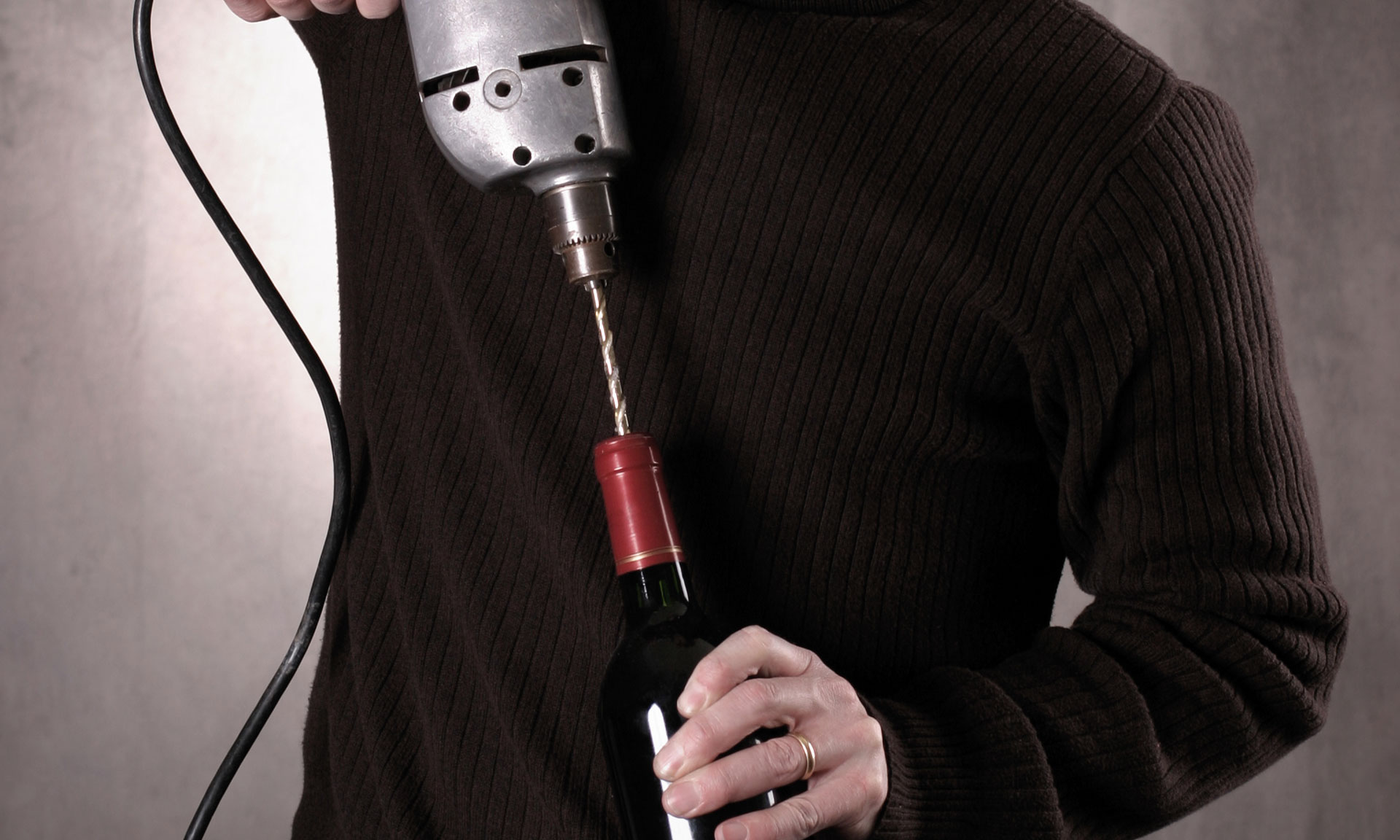
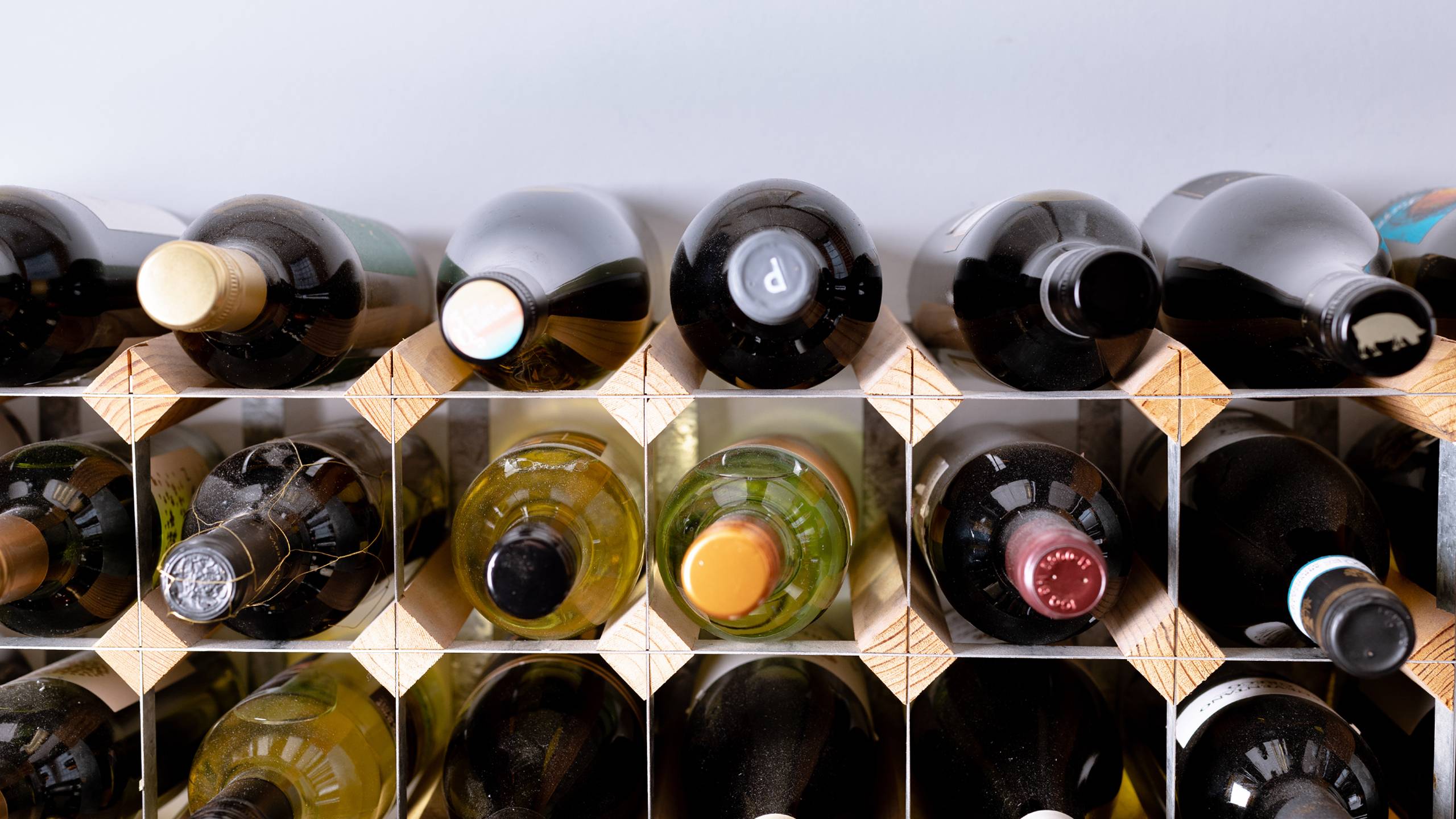
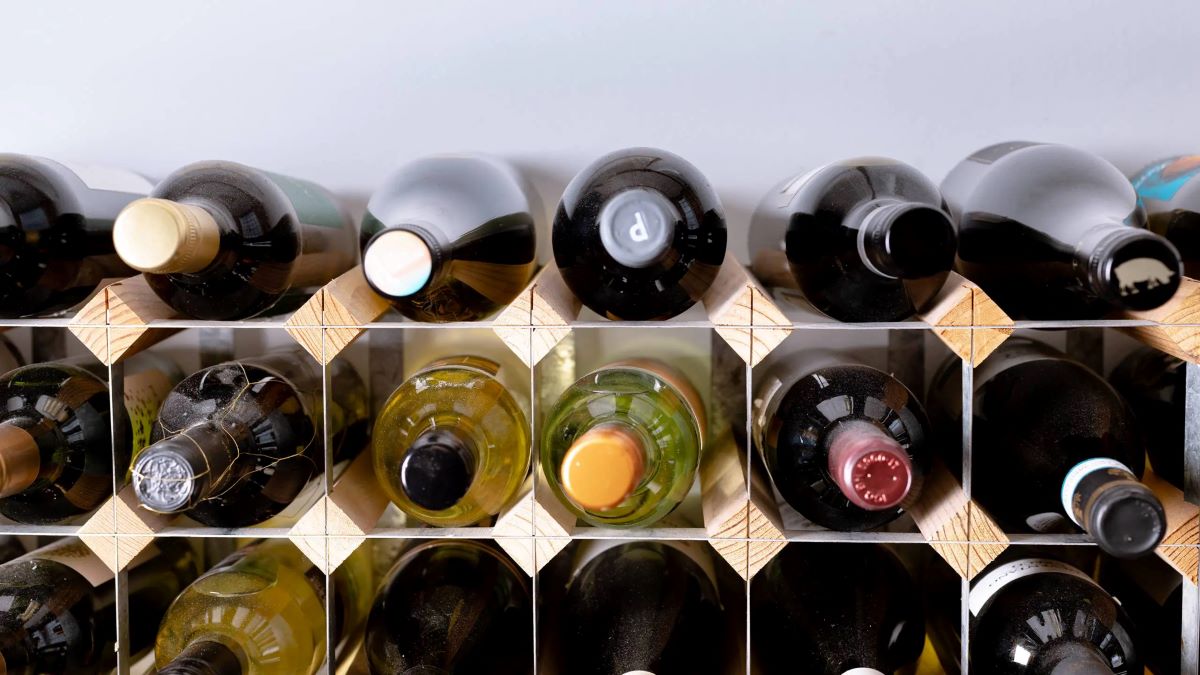
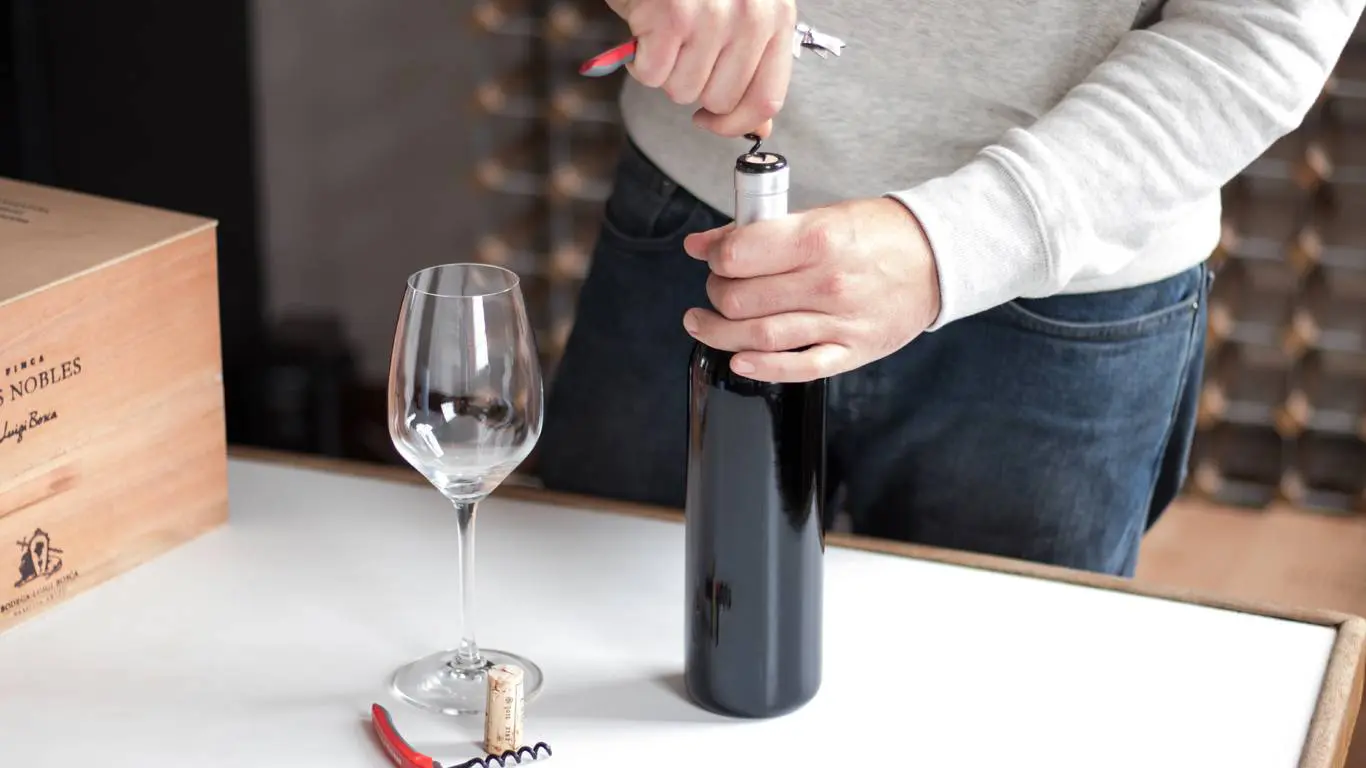
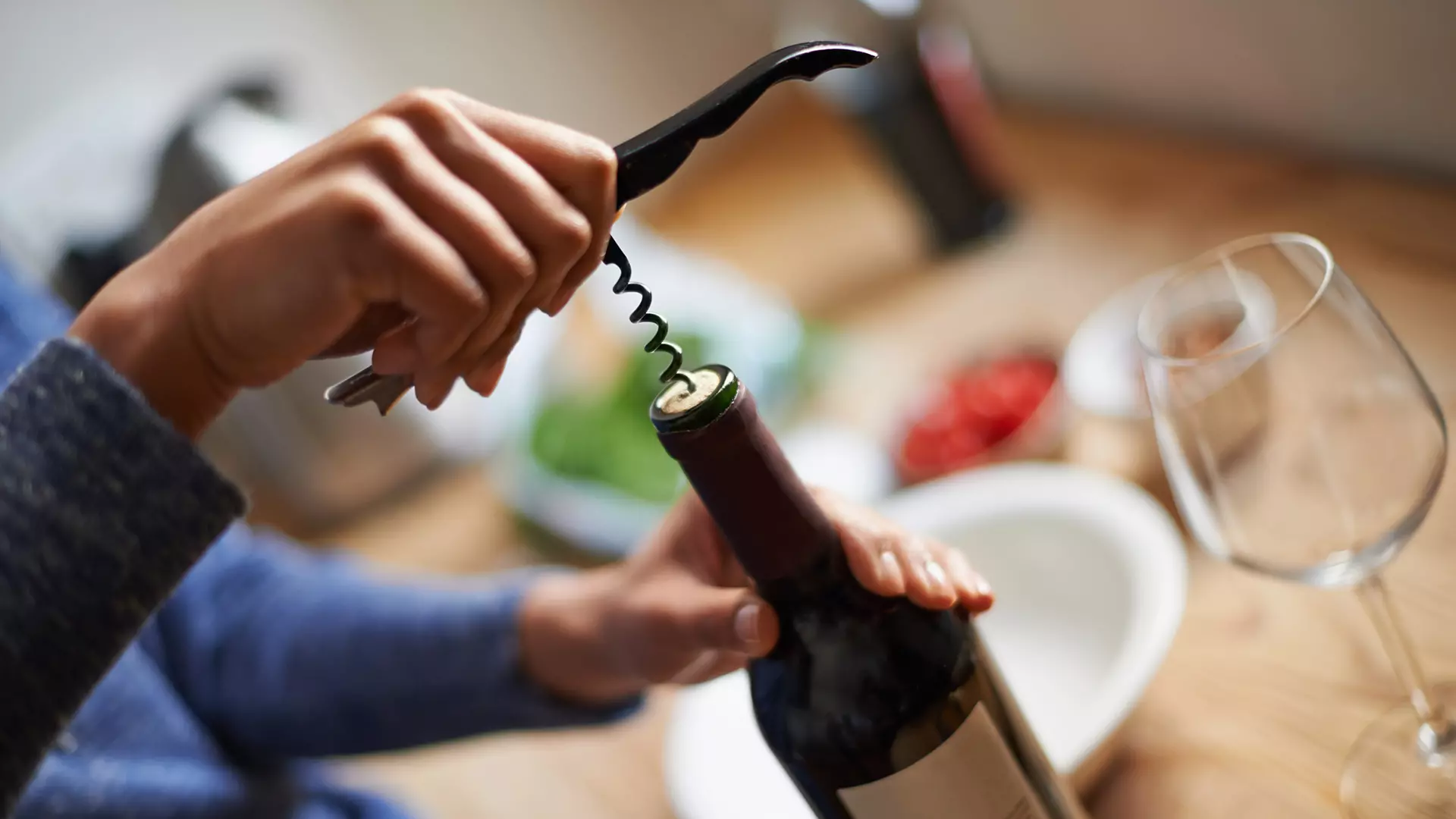
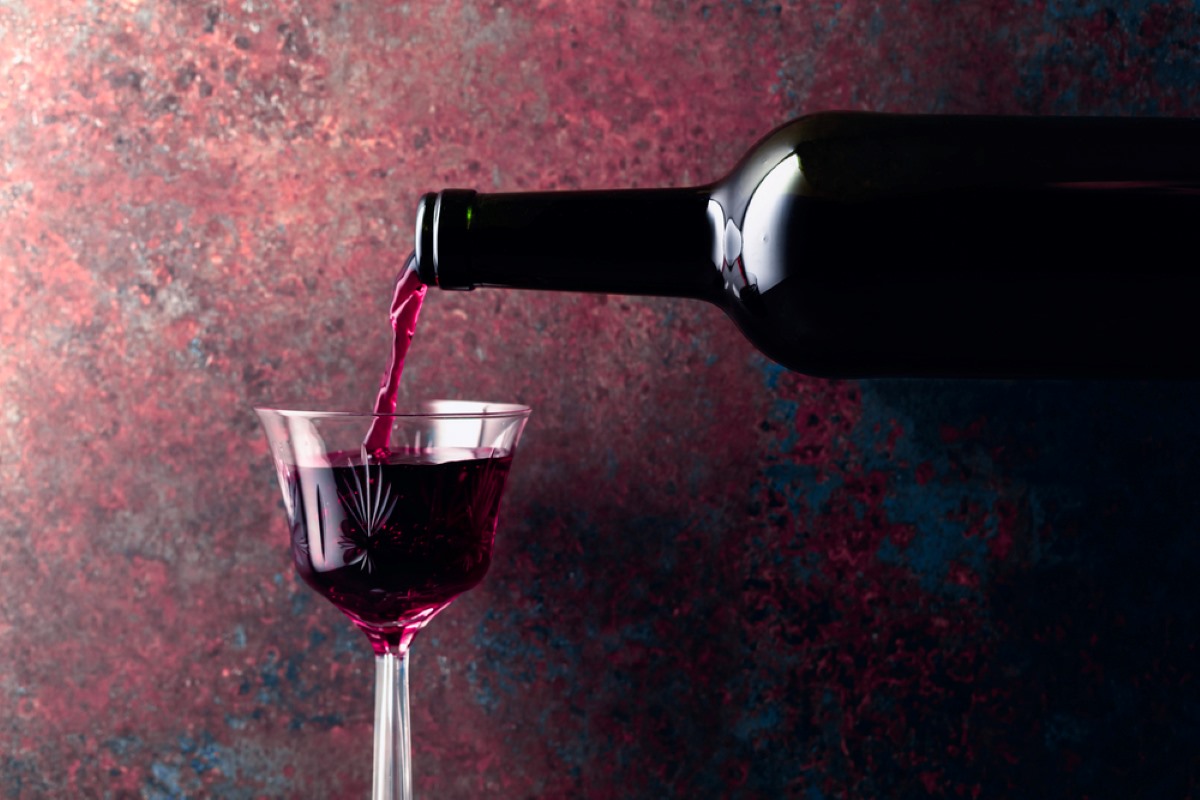
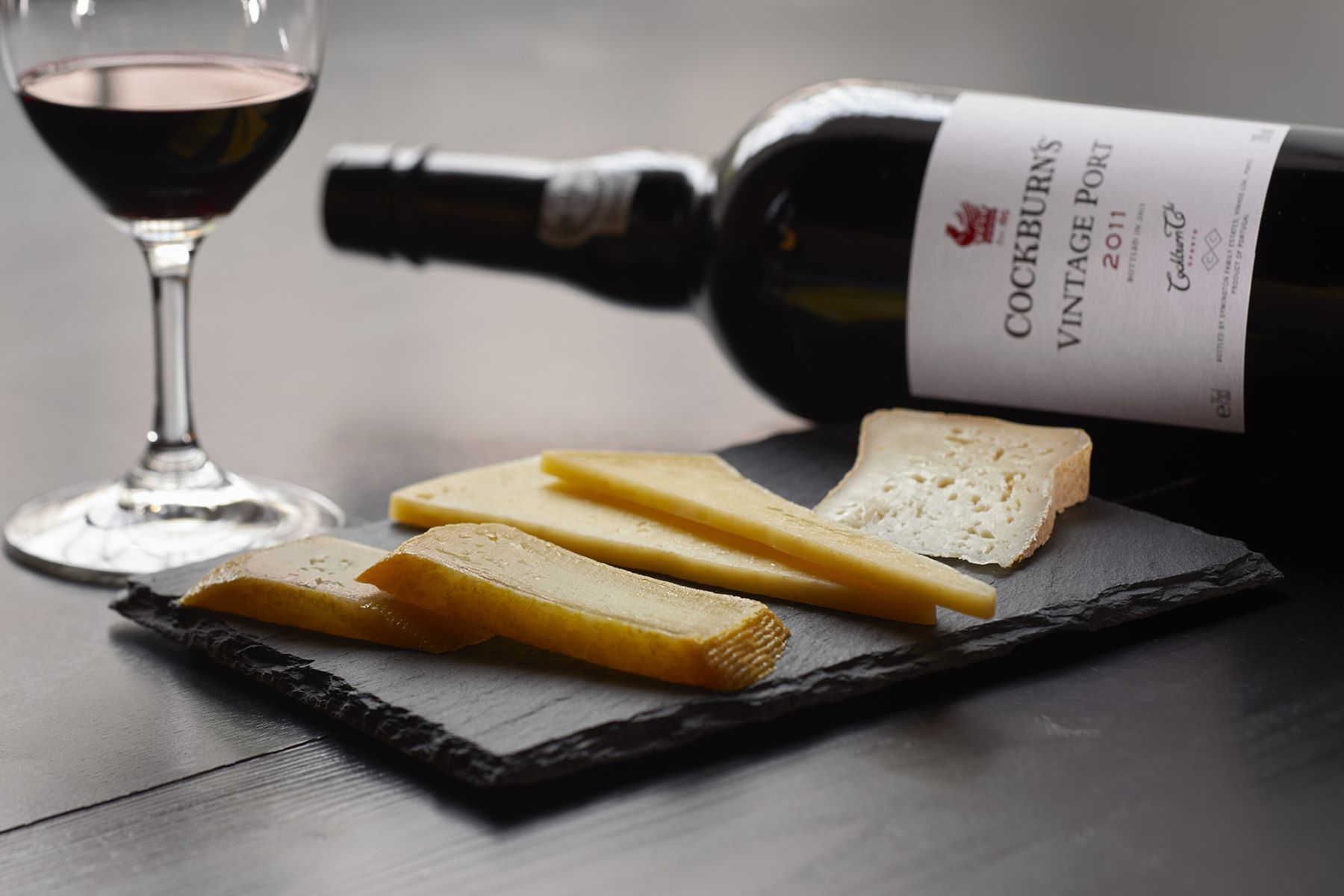
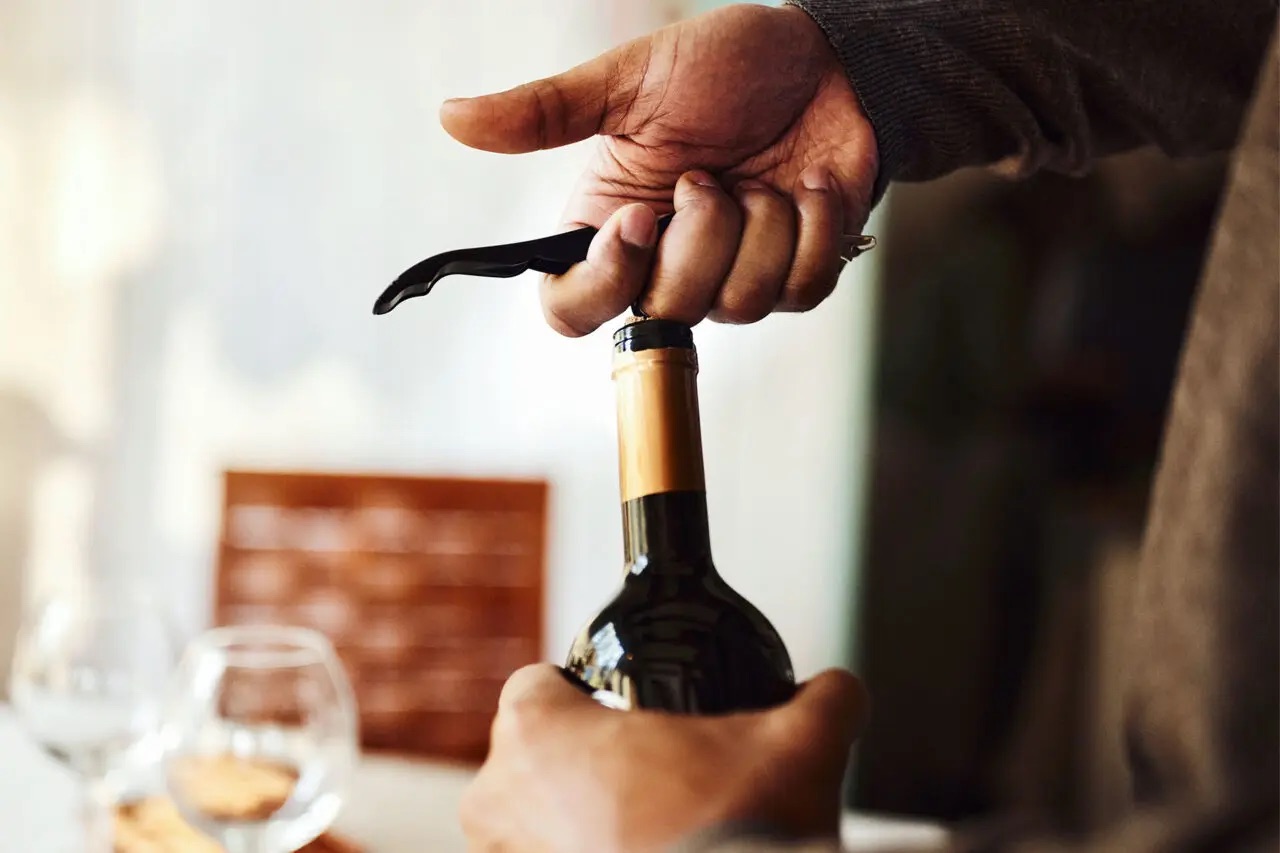
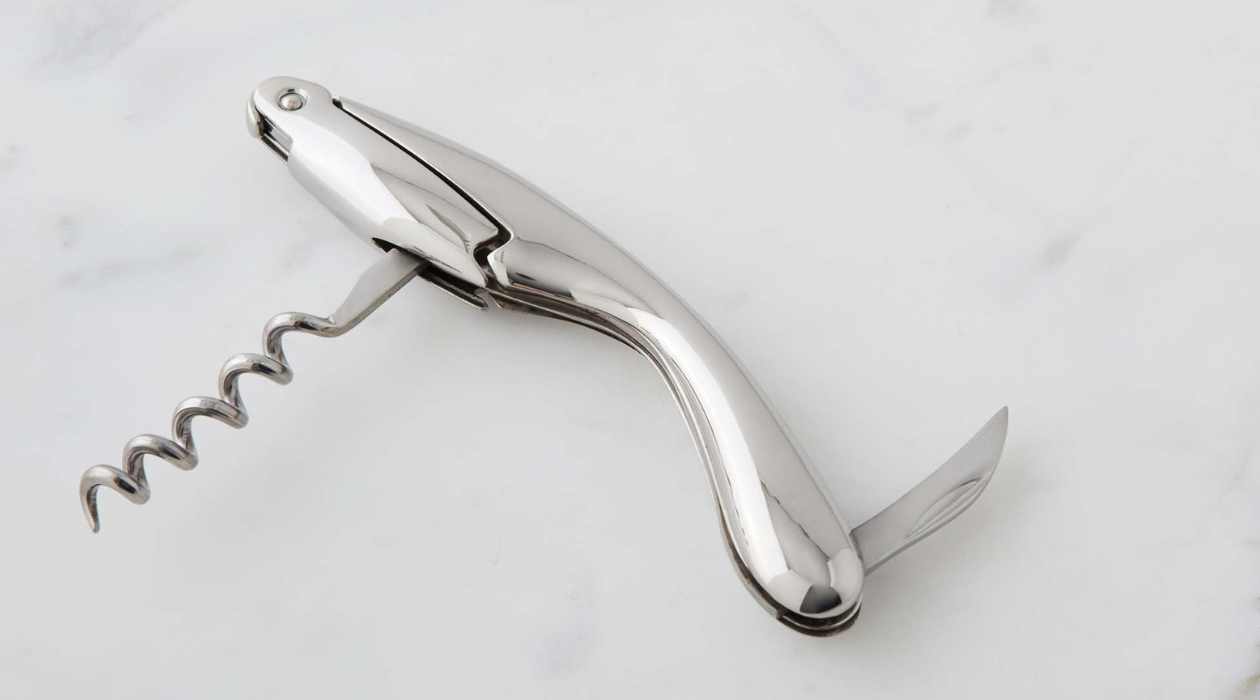
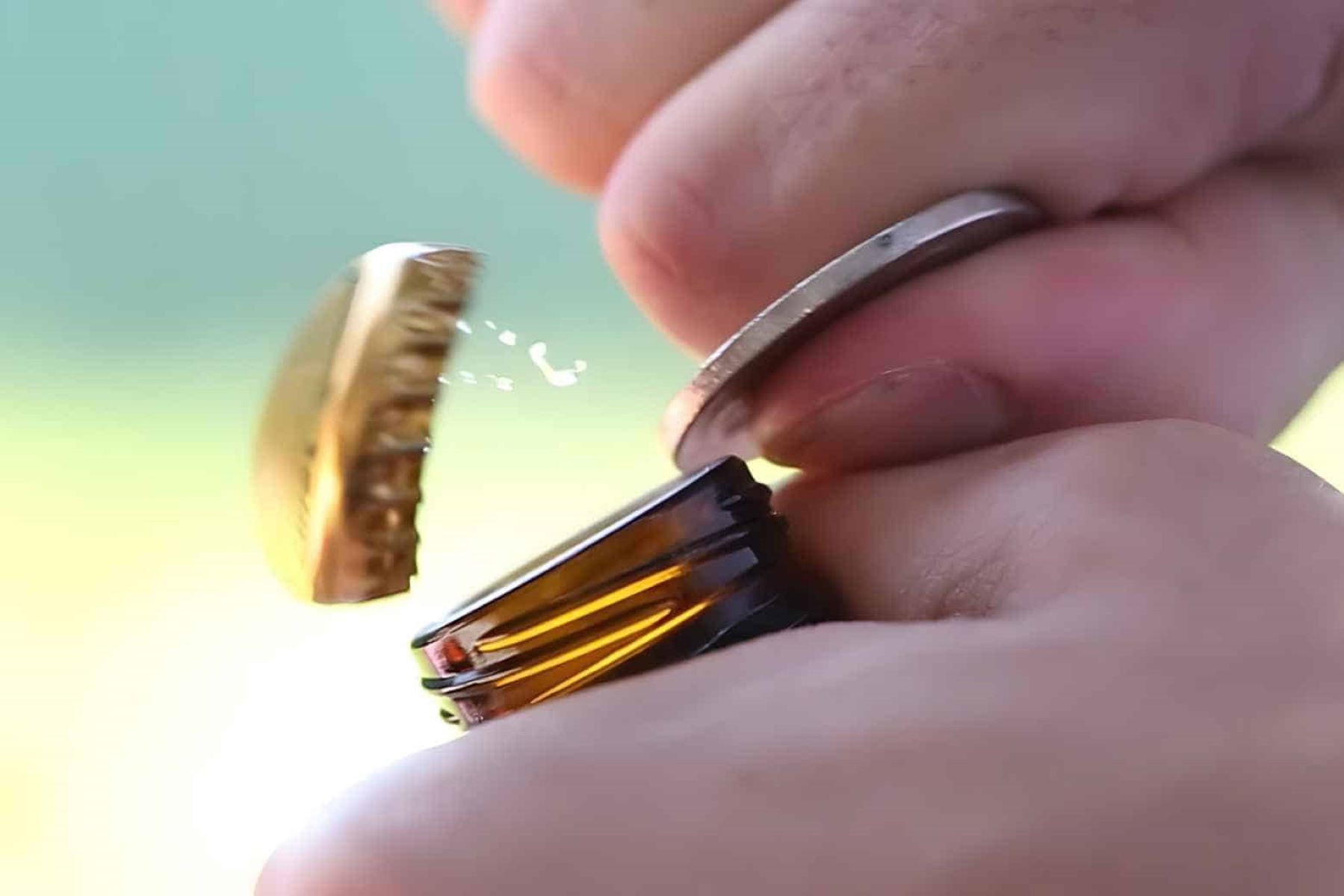
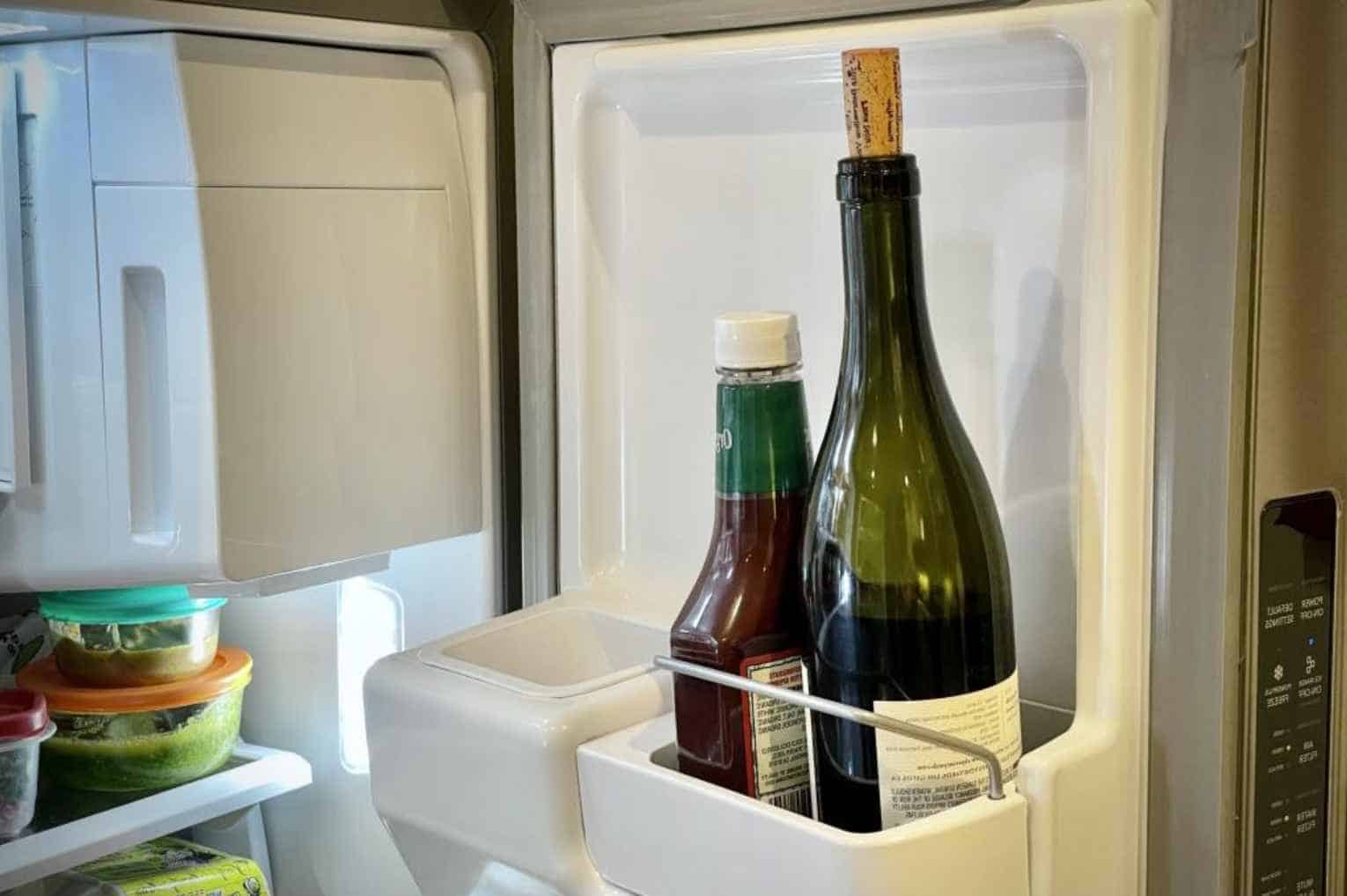
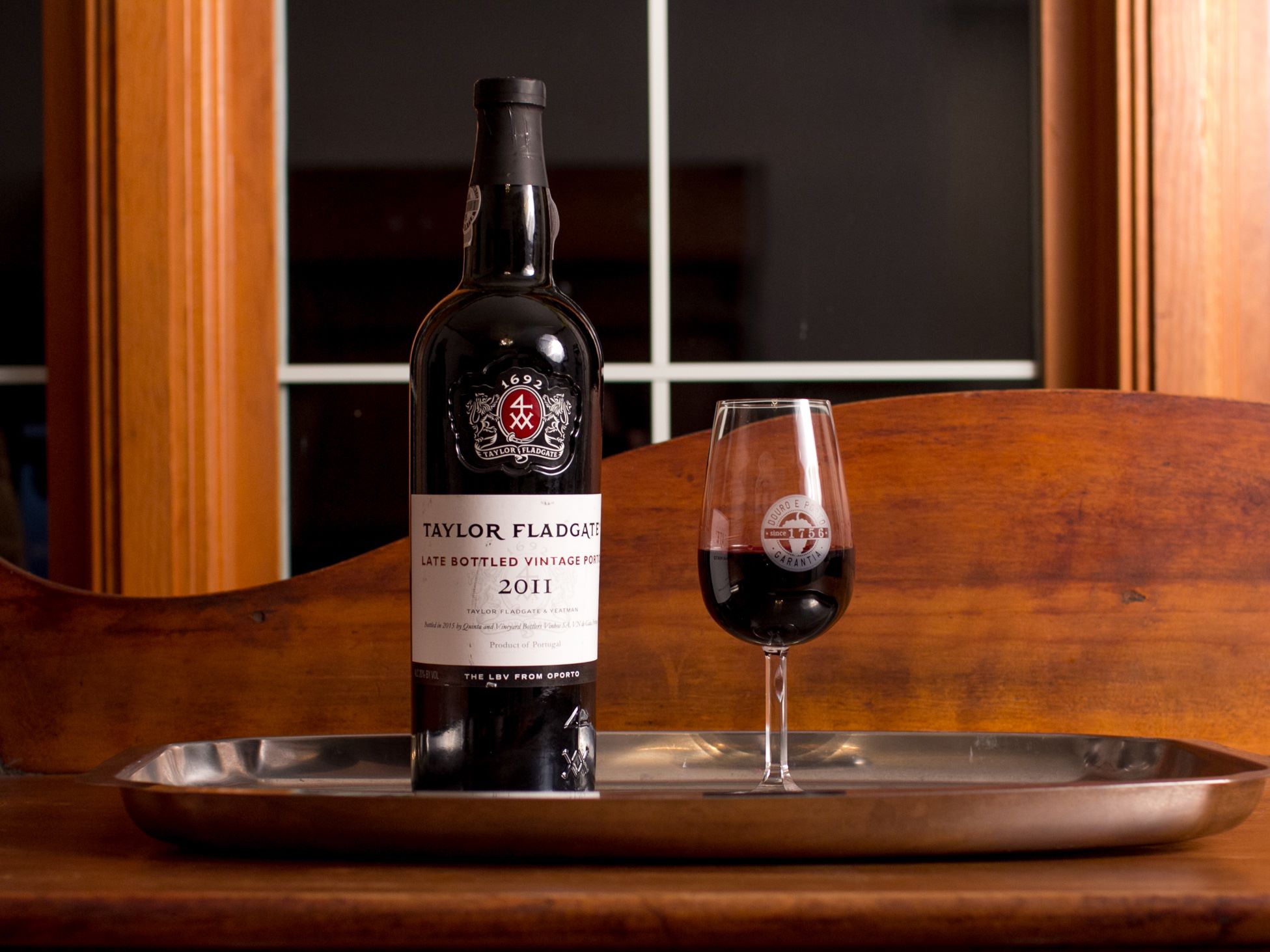
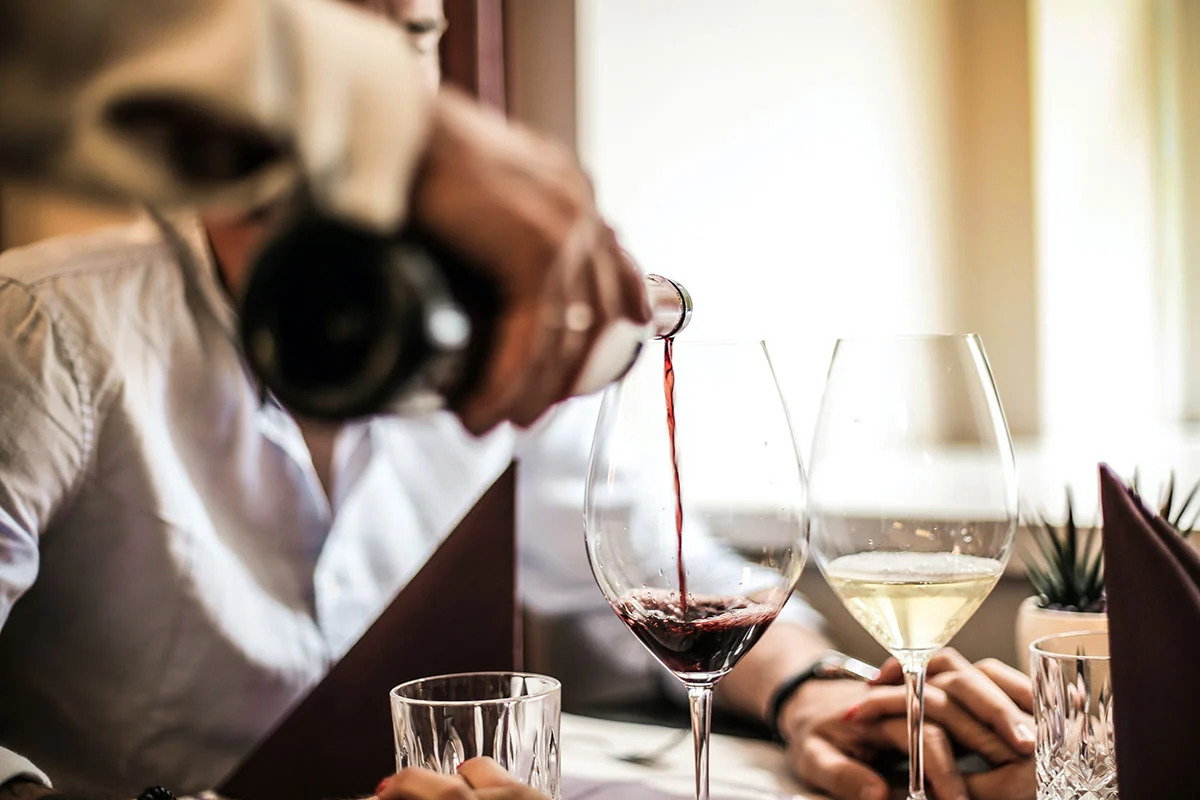
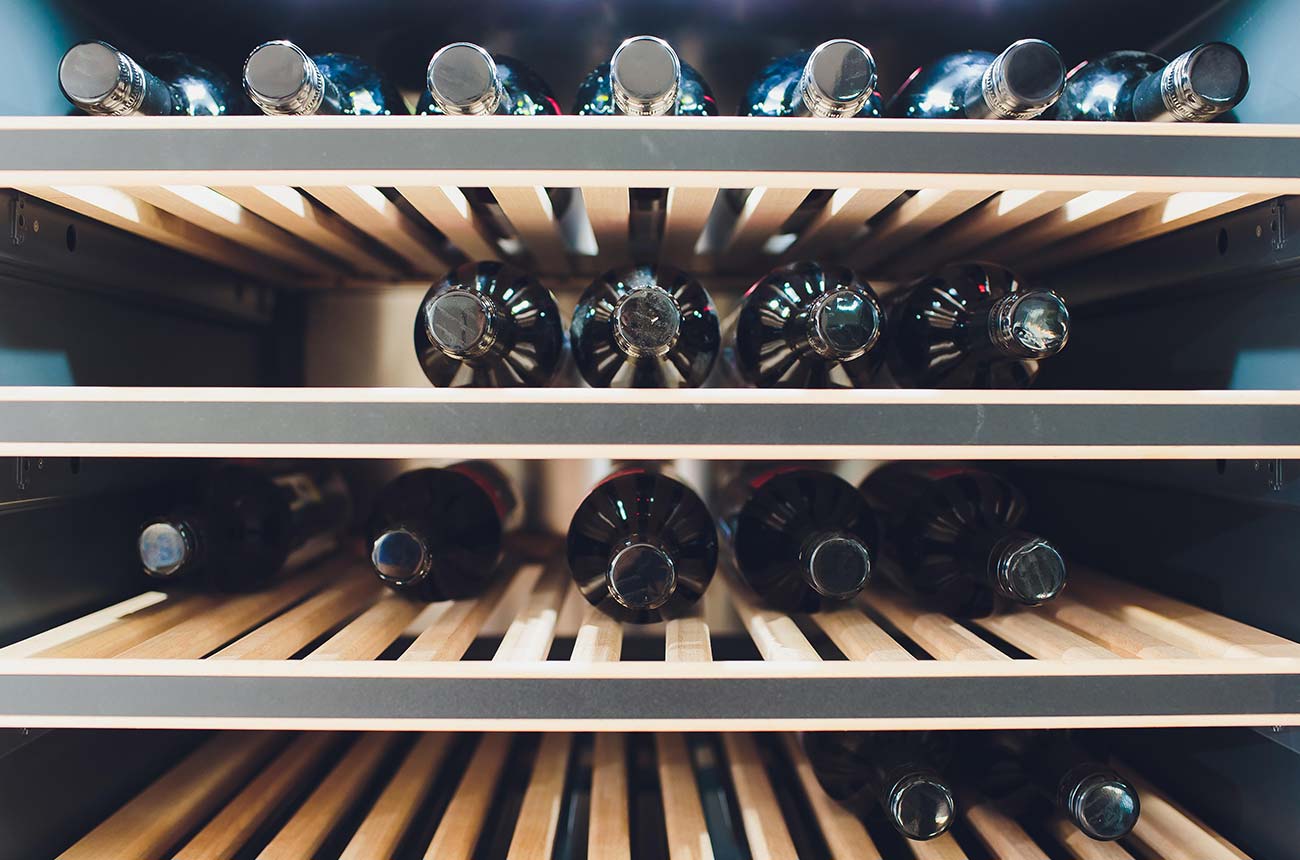

0 thoughts on “How To Store An Opened Bottle Of Wine”